Insights from the ABA Southeastern White Collar Crime Institute
With the United States government’s approach to white collar crime and fraud enforcement changing, companies and their attorneys are cautiously considering their options in this new environment. That was the general tenor of many conversations at the recent ABA Southeastern White Collar Crime Institute 2025.
Much of this revolved around the Trump administration’s guidance on the Foreign Corrupt Practices Act (FCPA), a law covering bribery of foreign officials. In February, Trump paused enforcement of the act through an executive order and, in June, issued new guidelines intended to limit “undue burdens on American companies that operate abroad and … [target] enforcement actions against conduct that directly undermines U.S. national interests,” and outline new priorities surrounding cartels and transnational criminal organizations.
While the full effect of the new guidelines will play out in the coming years, several panels at the ABA event discussed how U.S. enforcement may evolve due to new political and procedural pressures, and how other countries may step up to fill in the gaps and create a more complex legal landscape for companies to operate in.
The following insights are based on two panels attended by the Level Legal team at the ABA Southeastern White Collar Crime Institute 2025: “Trends in Fraud Enforcement” and “International Cross-Border Investigations.”
The FCPA in Transition
FCPA enforcement actions were relatively quiet for the first three decades of the law’s existence. Data from Stanford Law School shows that, until 2001, there were no more than five actions in a given year (including those initiated by the Department of Justice and the Securities and Exchange Commission). Beginning in 2007, that number increased to more than 50, and between then and today, there have been no fewer than 22 actions annually.
Panelists at the ABA event pointed to the 2008 action against Siemens, which resulted in $450 million in combined criminal fines, as a turning point for FCPA enforcement. This trend continued as the total monetary cost of sanctions imposed regularly reached billions of dollars in the following years.
This continued through Trump’s first administration; however, his February executive order signaled a new approach that the June guidance extrapolated on. The June memo surprised the ABA event panelists only because they expected the FCPA pause to last longer. After expressing its goals with new enforcement actions in the memo, the government has already terminated several cases, such as the six-year case against two Cognizant Technology Solutions executives, which was the first case dismissed under this new approach.
What Does a New FCPA Dynamic Mean for Compliance?
There wasn’t a consensus among panelists on how companies should approach active compliance with these changes to the FCPA in mind. In some cases, companies may be more hesitant to report potential issues to the government until they see what a new enforcement regime looks like. This means companies may be less likely to have an active compliance program for the near term.
However, not all companies are taking this approach. Ultimately, running afoul of the FCPA and creating situations where bribery is permitted—or even seems to be permitted—is a bad business approach. This is especially so when it’s unclear how violations will be dealt with. Additionally, with a five-year statute of limitations on these actions, any decisions made now may ultimately be reviewed by a future administration that could take a different enforcement approach.
Regardless, the one thing that seemed clear is that companies are taking a careful “wait and see” approach. Companies may change their strategies as more enforcement actions occur and the Trump administration’s actions become more predictable.
International White Collar Enforcement Realignment
The executive order pausing FCPA enforcement in February created a vacuum that UK, France, and Switzerland enforcement authorities aimed to fill. In March, they released the founding statement of the International Anti-Corruption Prosecutorial Taskforce, acknowledging bribery as a significant global threat and pledging to “tackle this threat within the national and international legal frameworks.”
It’s not clear yet exactly what the impact will be, but the move was unsurprising to the panelists, who pointed out that 13% of FCPA cases involved these nations. With the UK having the most expansive bribery framework, they are expected to lead the group. The approach of this new group was praised. However, panelists cautioned that it will be an uphill climb to match the effectiveness of the FCPA, which benefited from the global impact of U.S. companies.
Beyond the FCPA, panelists also discussed the potential for DOJ actions relating to tariff evasion. What was once an area that didn’t garner much interest is now an active enforcement area for the U.S. government. For companies and attorneys involved in importing products, being proactive—such as ensuring solid documentation exists for product reclassifications—is key to preparing for this expected increased scrutiny.
The Future of White Collar Enforcement
One of the common themes emerging from these panels was the need for companies to make thoughtful compliance decisions. Whether enforcement becomes stricter or more relaxed remains uncertain—and, as panelists noted, only time will tell. The changing enforcement framework leaves open potential risks, and an uncertain global political environment means that an already complex practice area will likely only get more complex.


